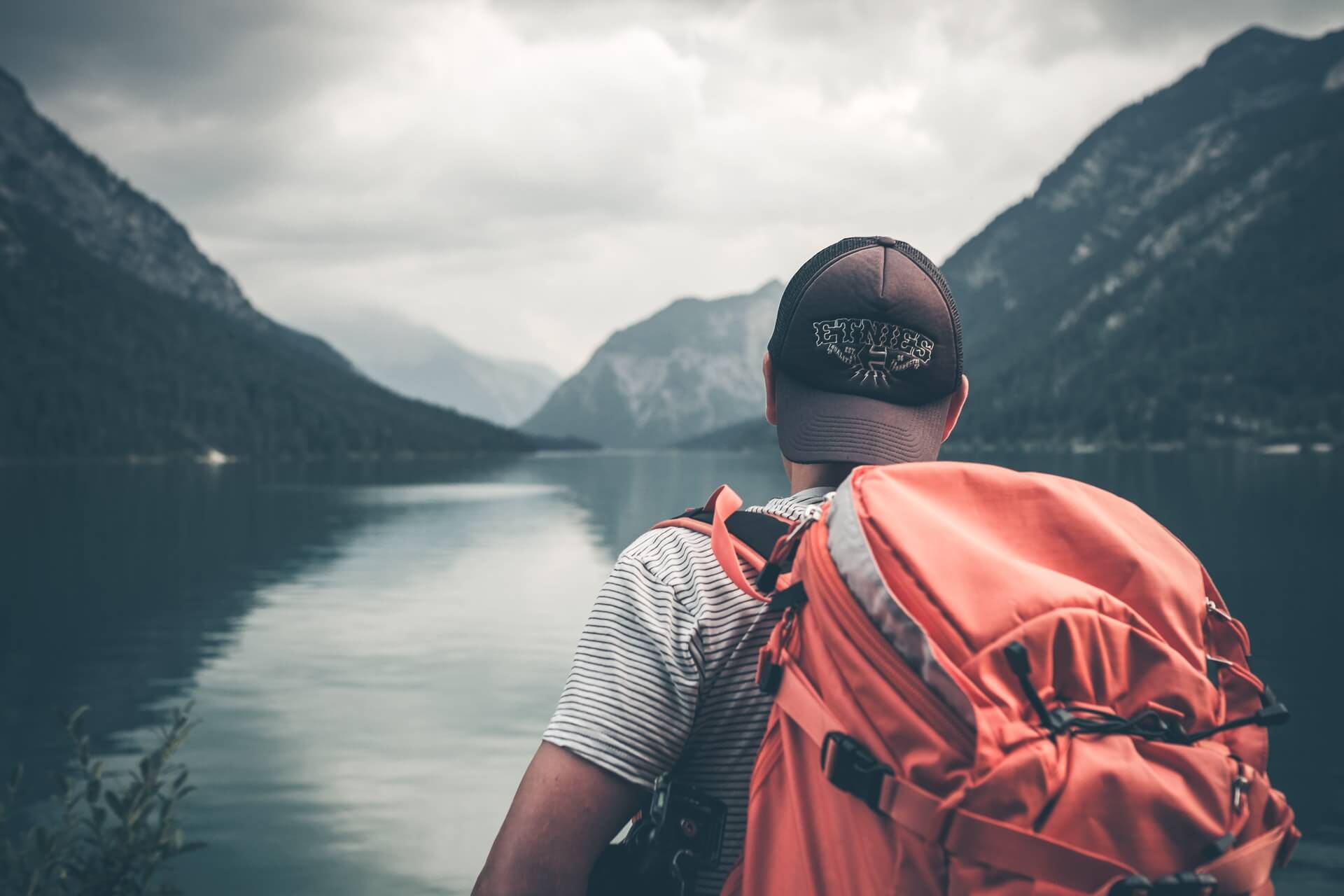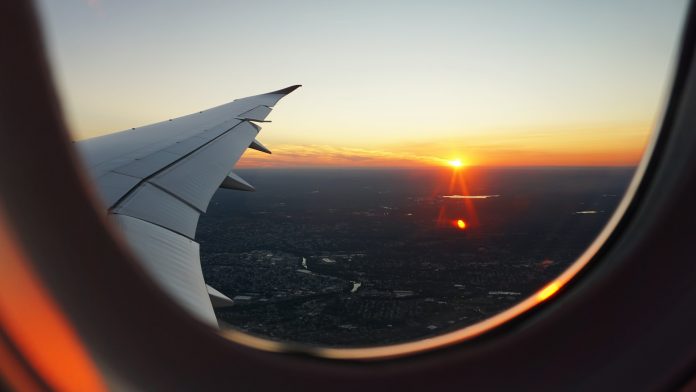With the new coronavirus outbreak, most of the world is still stuck, and travel restrictions are back. The situation may seem dire, but a vacation or time abroad may not be as far away as you think.
The constant question on everyone’s lips is, is it safe to travel? Scientists may not agree with this thought, but as containment eases and the number of cases declines, we assume that travelling overseas will be as safe as having a dine-out if you take precautions and follow our advice.
Rapid vaccine roll-out could result in the number of people going to a location close to pre-Covid levels. Before mass vaccinations can begin, however, airlines need people to return to the dizzying heights of 35,000 feet. Meanwhile, tourism-driven economies demand attention. That’s why we’ve picked out the best tips so you can travel again.
1. Domestic Travel
Until a vaccine becomes widely available or the current wave subsides, travelling within our countries or regions seems to be the safest option. Road trips allow you to explore your national landscape and avoid busy airports and various restrictions abroad.
A recent survey was conducted where the families were given various logo packs of various airlines and an option to travel by car. It has been found that 59% of Indian families say they’d rather drive than fly on their next trip. So, for now, the staying trend continues. You can try cleaning the common touch points like the steering wheel, door handles, radio buttons and window controls to feel more comfortable in a rental car. For example, using a specialized steering wheel cleaner can help to ensure that the steering wheel is clean and germ-free, giving you peace of mind that it is safe to use. Most rental companies have strict disinfection measures in place, but this extra step will put you at ease.
2. Researching Your Destination

With travel restrictions and other mitigating measures in place at the national and local levels, it’s important to do extensive research on the city or region you are visiting. Local restrictions are often introduced for a short time to limit the spread of contagion, so you should check official channels before and during your stay to make sure you can move between regions.
You should have knowledge about the latest Covid19 numbers for the area you are travelling to before booking your flight. Also, you need to gather information after the stops that you are planning along the journey
3. Properly Follow The Hygiene Protocols
For the sake of confidence, most airlines and hotels are happy to take various extra hygiene measures to help fight Covid19. When you google flights or hotels on services like Skyscanner, be sure to note the hygiene ratings of each option to suit your needs.
You can then narrow down your flight and hotel choices using best practices. For those in a hurry, the wide selection of aggregators will even let you filter by hygiene rating and let you choose quickly and safely.
While we all have different opinions or attitudes towards the pandemic, most would agree that knowing that a hotel room has been steam cleaned between each guest is a confidence boost. Make sure to make a reservation.
4. You Should Play Your Part
With the travel and tourism industry doing everything in their power to stop the spread, we as passengers and guests must do our part as well. As you might know, most of the airlines have now stopped blocking middle seats for selection. However, you should at least try to maintain some social distance when you board the plane.
Some flights allow their customers to secure an empty seat next to them by booking in advance at the price they’re sitting at. Very careful passengers can even block an entire row of seats by purchasing seats in advance.
Other airlines encourage physical distancing on board and at the border, while others offer customers booked on full flights the option to change to another flight at no cost. You must also wear a mask during the flight, except when having a drink or a meal on the plane.
The World Health Organization advises travellers to wear masks when they are around other people, such as when travelling on a plane or when walking through an airport. You can also do your part by making sure you pack the right hygiene friendly items in sustainable packaging for your trip. In addition to face covers, include antibacterial wipes, digital thermometers, and hand sanitiser.
5. Be Careful With Your Facemasks
Here, we recommend bringing plenty of comfortable face coverings for your next vacation. While many airlines will provide you with masks on board, there are a few that will not have them or are in limited supply.
It is essential that your mask fits and is comfortable with WHO regulations stating that the mask should fit snugly around the nose and chin and be breathable with two to three layers of tightly woven fabric. When masks get wet, they should not be used.
Remember that requirements vary depending on where you are travelling. Be sure to read local guides, and even if a destination has a more relaxed policy, you should cover yourself up no matter what
6. Private Accommodation

Doctors believe that private accommodation is the best way to safely travel. “Anything you can do to reduce your encounters with other people is safer”. Various online services allow you to book a unique and luxurious hideaway without even meeting the host.
Check-in and check-out are done online, and keys to your accommodation are usually placed in a safe. The Centers for Disease Control and Prevention (CDC) agree that the risk associated with staying alone in a cabin is lower than in a hotel due to the reduced number of individuals encountered.
However, it is important to note that this is only true if you are booking accommodation with members of your immediate household or your support bubble. Mixing with other family members or friends will greatly increase your risk of getting the disease.
Conclusion
Historically, flight bookings have also been very flexible. Various airways have removed the change fee for any new itinerary booked before August 31, 2021, allowing you to change both the date and destination of your flight.
Make sure to check the official websites regularly for the latest updates, especially in light of the latest confinement. Given the unpredictability of the current situation, planning and booking are almost superfluous, with restrictions that change daily. With this in mind, last-minute trips are recommended. There will be plenty of space for flights and accommodation.





































